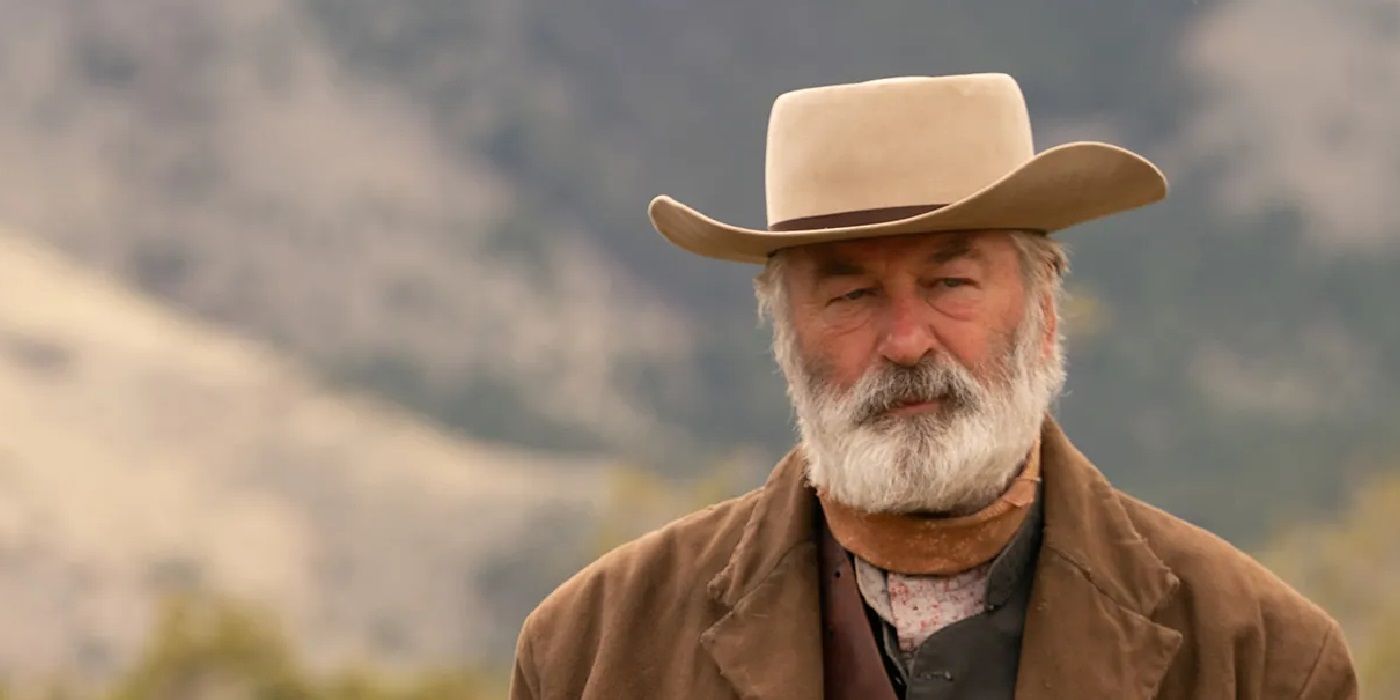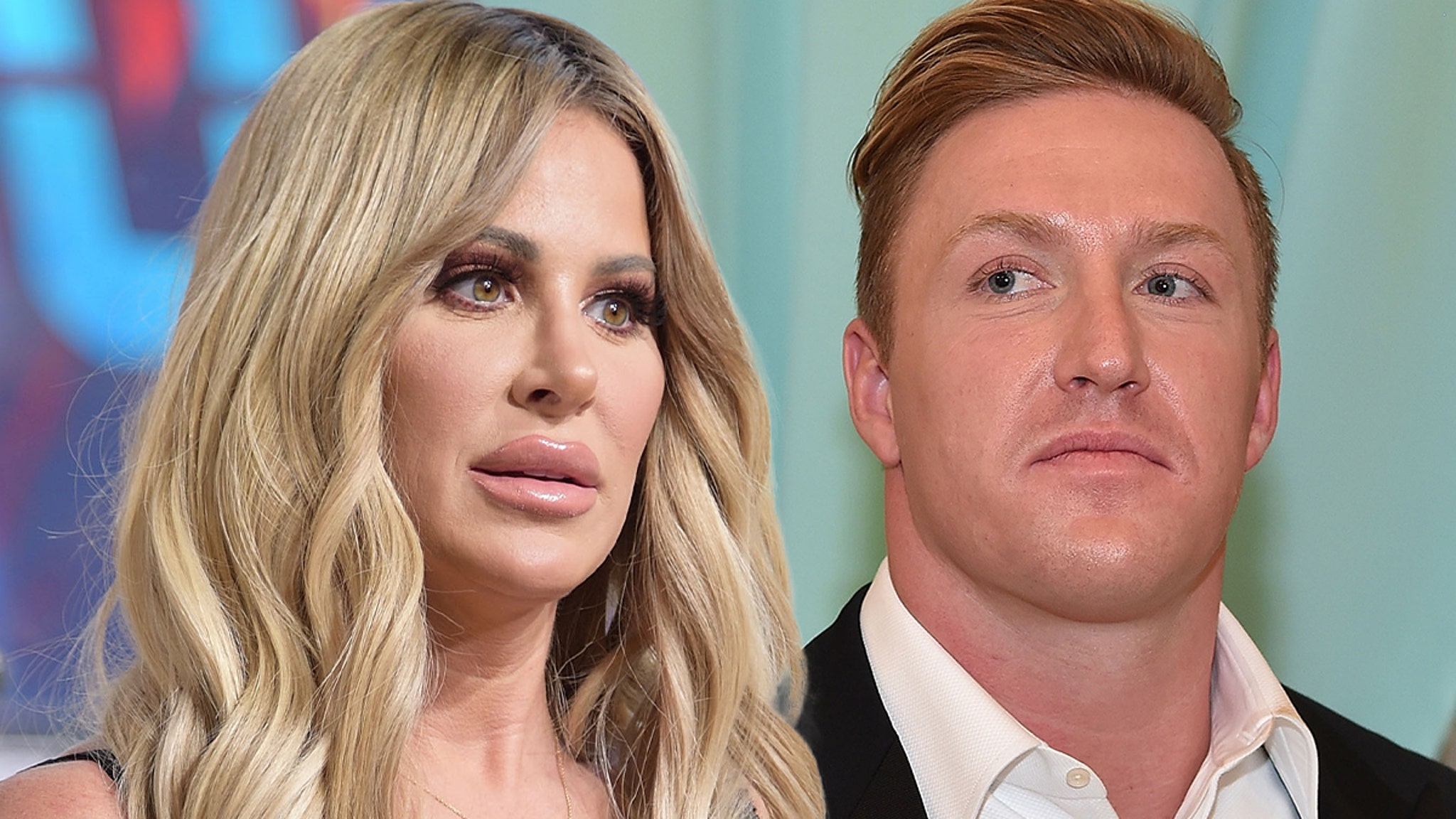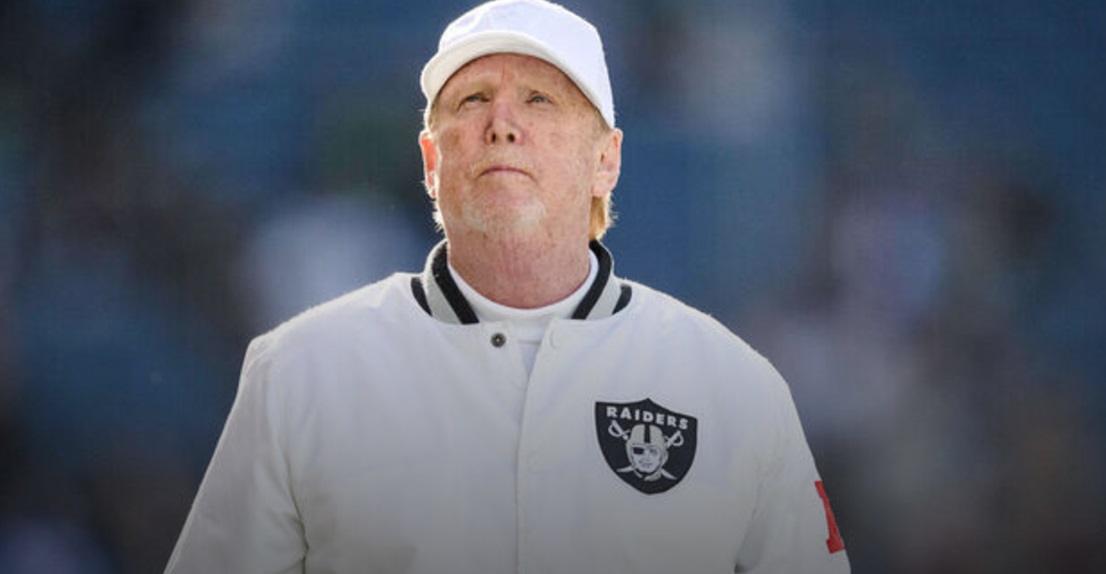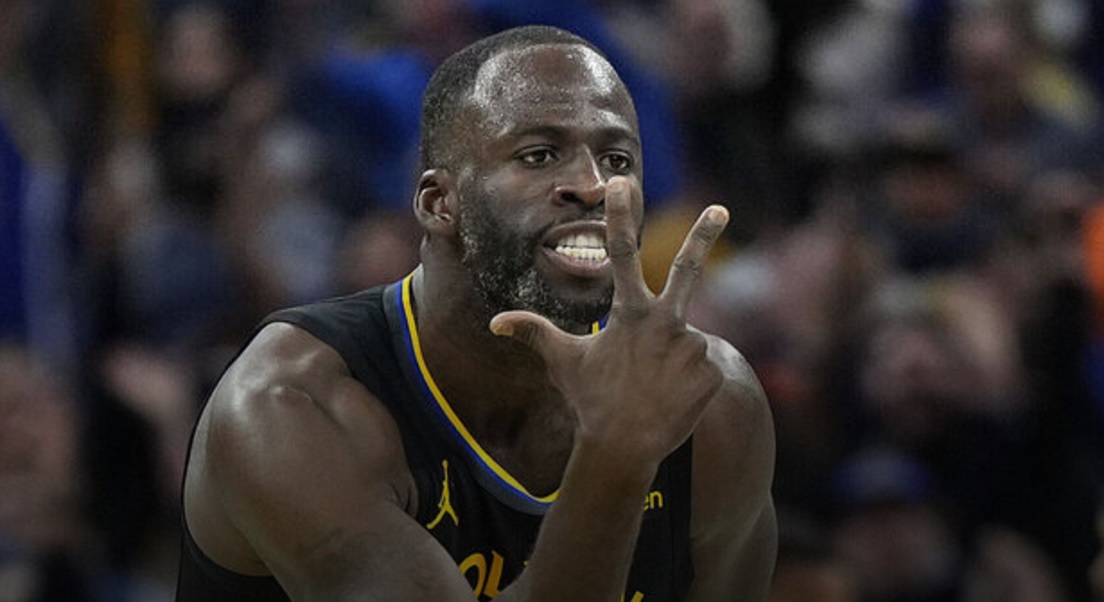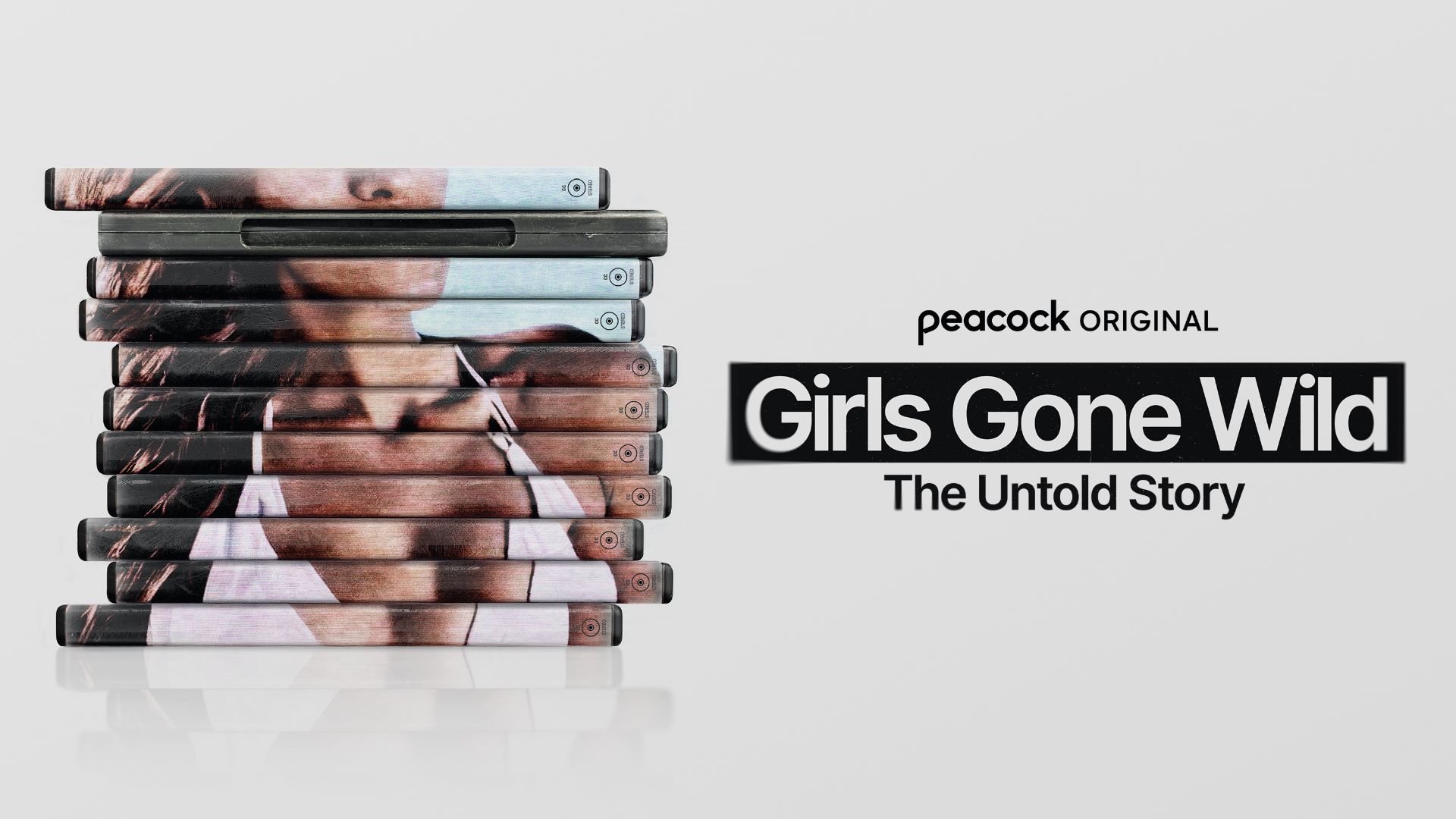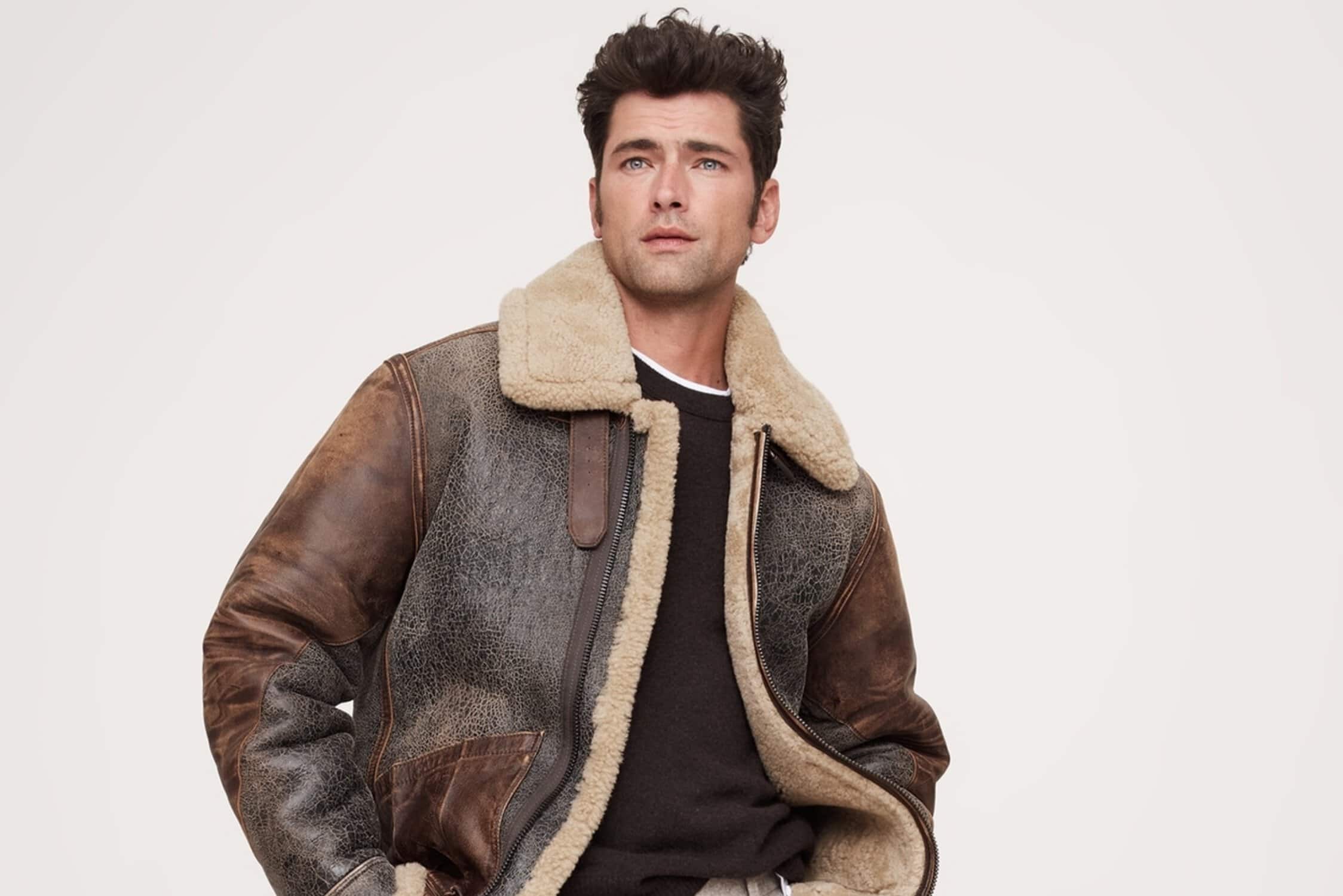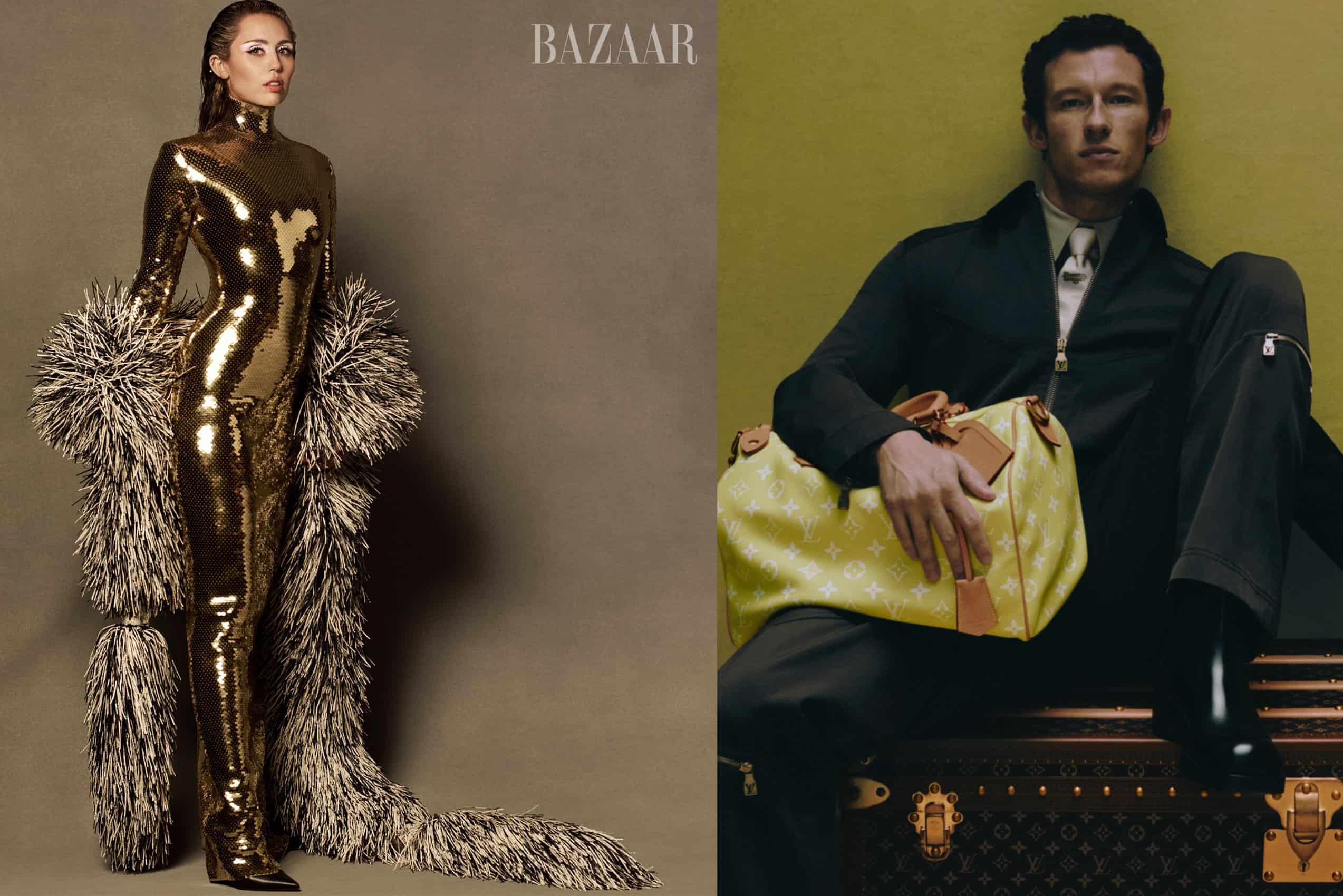Wright discussed cordoning off a picturesque Italian island to film during the pandemic, crafting “Cyrano” with his own significant other, and trusting in an audience’s ability to suspend their disbelief.
Between “Pride and Prejudice,” “Atonement,” and “Anna Karenina,” you’ve directed your share of emotionally stirring period dramas. But “Cyrano” is also a musical, which is a first for you. In approaching the project, what about it represented a return to form, and what was a new challenge?
I really wanted to return to making a love story. It felt like the right time to do so. I felt I needed to make a film about human connection and the difficulties we face in finding it. That was important to me. But, in a way, “Cyrano” meant returning to some of the themes of “Pride and Prejudice,” right back to the beginning. I wanted to make a film that was devoid of any cynicism or irony. That was a return, perhaps, to “Pride and Prejudice” but almost also a return to something far earlier, to a childlike perspective on the world. The challenge to make a musical was certainly there. I’ve never made a musical before, as you say, although it felt like a natural progression from the dance-based work I’ve been doing, with “Anna Karenina” and also in the theater.
And then the challenge was shooting during a global pandemic. That was an extraordinary and powerful experience for myself and for my collaborators.
I know you sealed yourself, the cast, and the crew inside the Sicilian city of Noto to shoot, approaching “Cyrano” as a film-theater hybrid. Watching it, I noticed some of the same dancers recurring in background roles. What can you tell me about operating as a theater troupe to make this film in a bubble?
Once we managed to raise the finances, which was difficult in this situation, we decided to shoot the movie on the island of Sicily, as a response to some of the practical problems. Shooting during the pandemic, the island of Sicily had very low cases of COVID, unlike mainland Italy. We felt like we might be able to create a very tight bubble there. So, we hunkered down with 350 cast, crew, supporting cast, dancers, and extras. And it was a very international group, which was important to me, given Brexit. I wanted to create a very international, pan-European group of collaborators. And then we had to deal with what the COVID restrictions meant for us. We were all tested every second day, and every day felt like a triumph, to be able to actually go to work. It created a wonderful atmosphere.
You had the actors sing live on set. What did that add to “Cyrano,” overall and in terms of the day-to-day challenges?
It meant that there was a level of intimacy to the performances. I didn’t want for people to suddenly stop talking, and then the fanfare begins, and then they start singing declamatorily, lip-syncing to playback. I wanted it to feel very close and intimate, to feel that a song was only a breath away. I liked the occasional faults: when the voice cracks, when they perhaps breathe in the wrong place. I felt that those faults would somehow convey the emotion. All that closeness created a more powerfully emotional experience.
You can view the original article HERE.

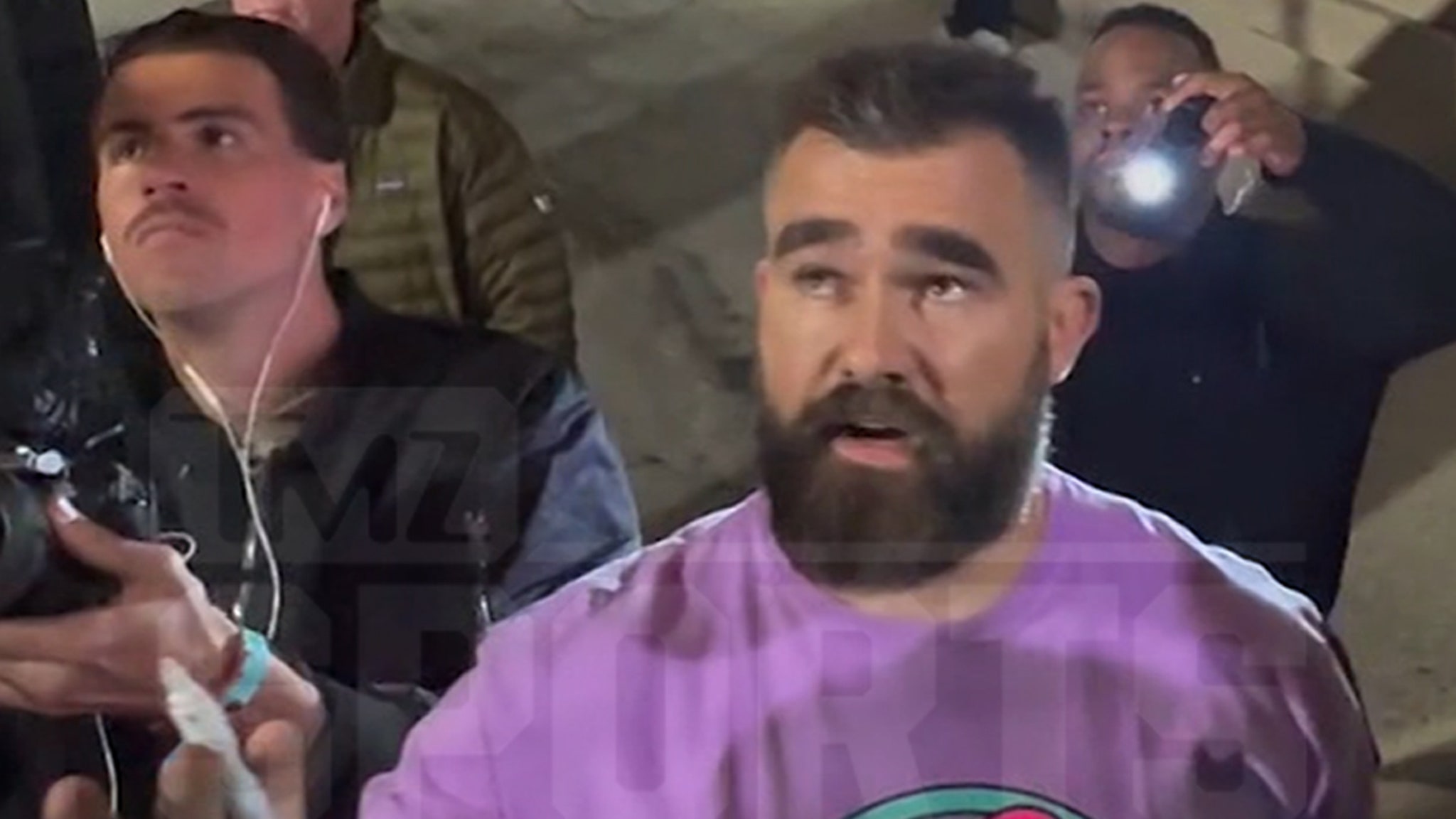

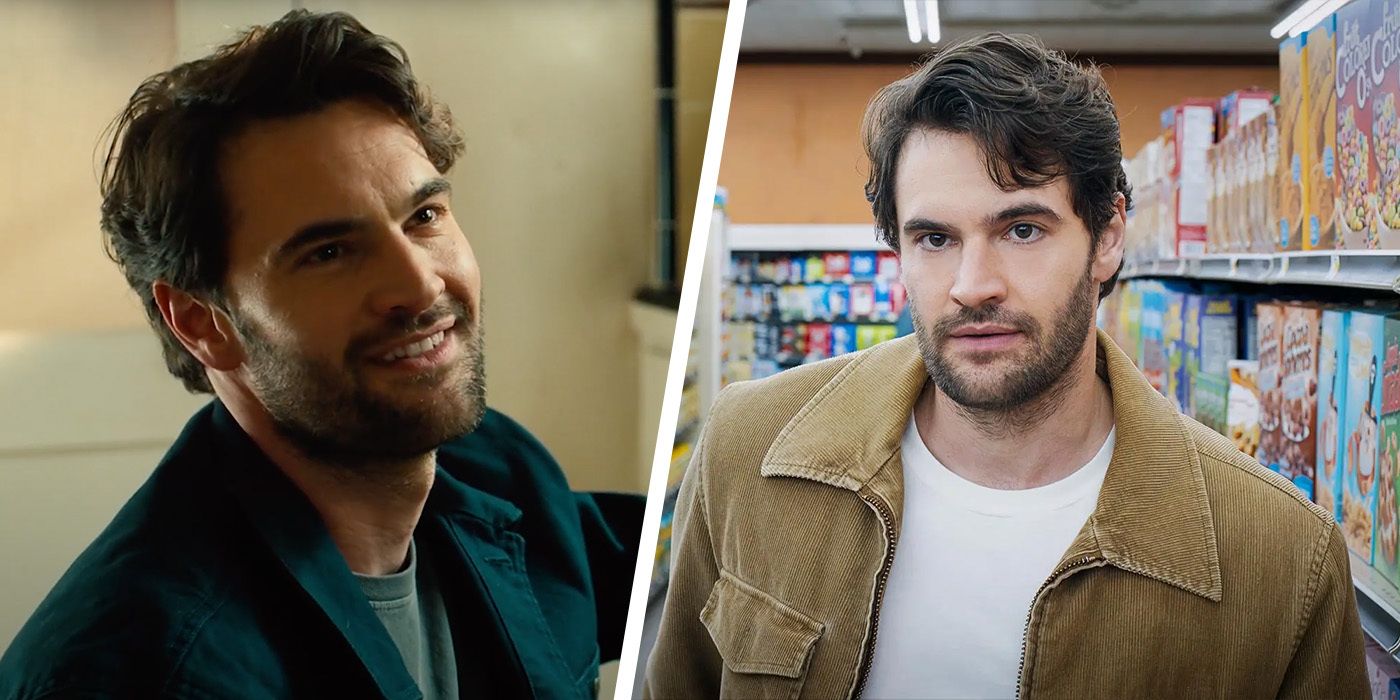

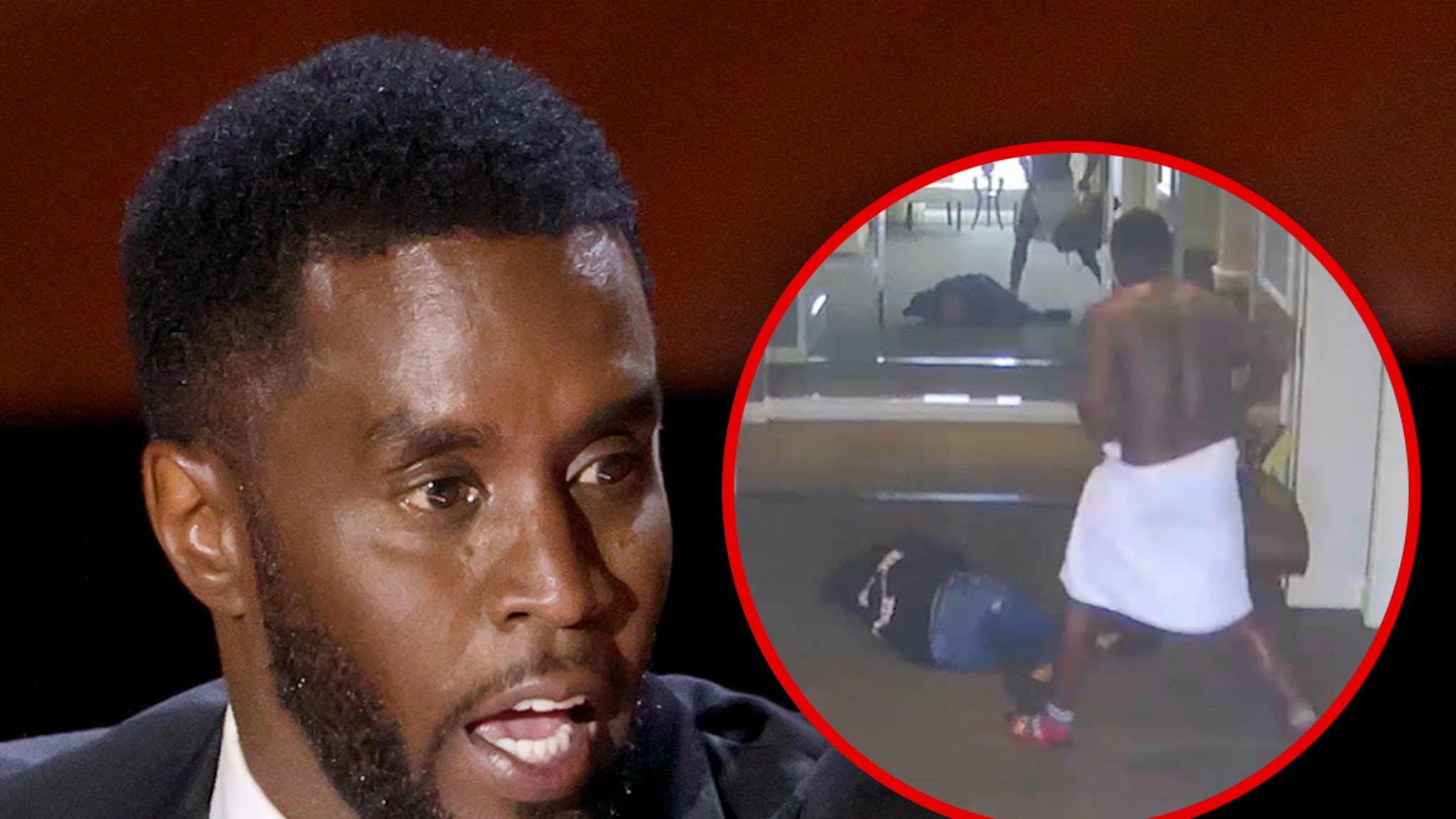

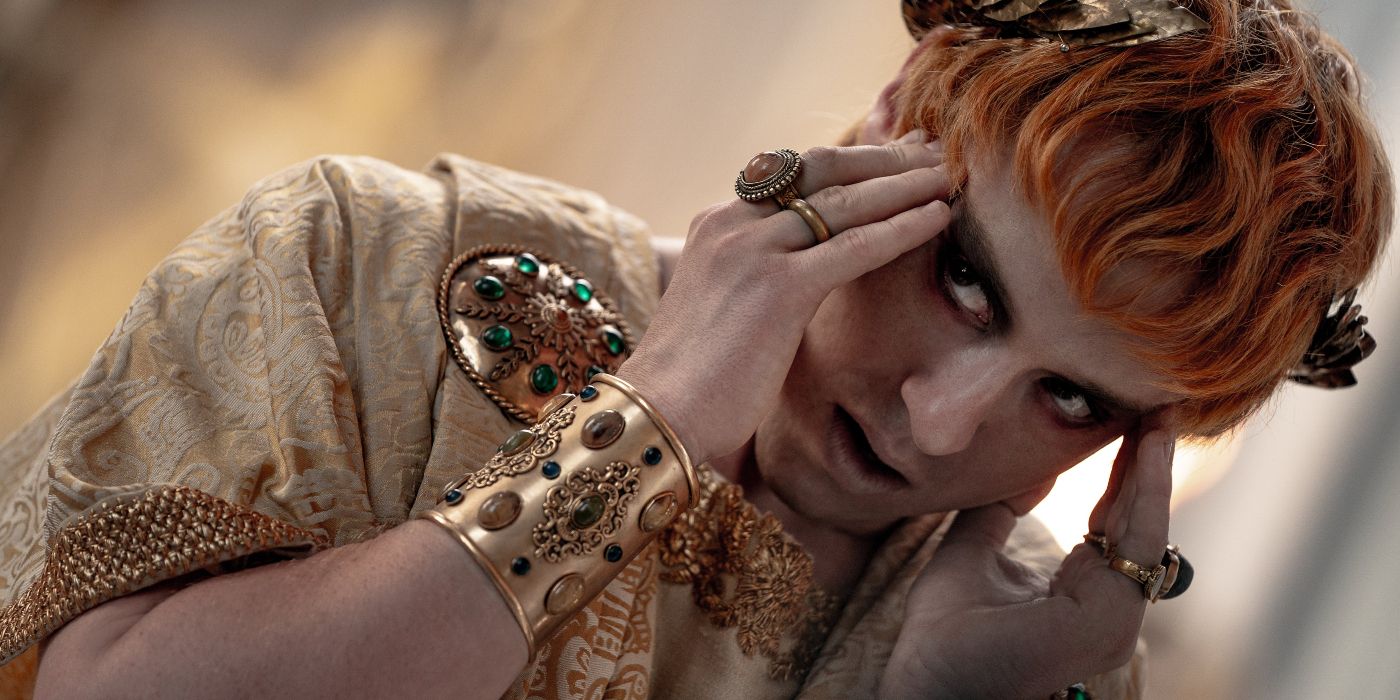

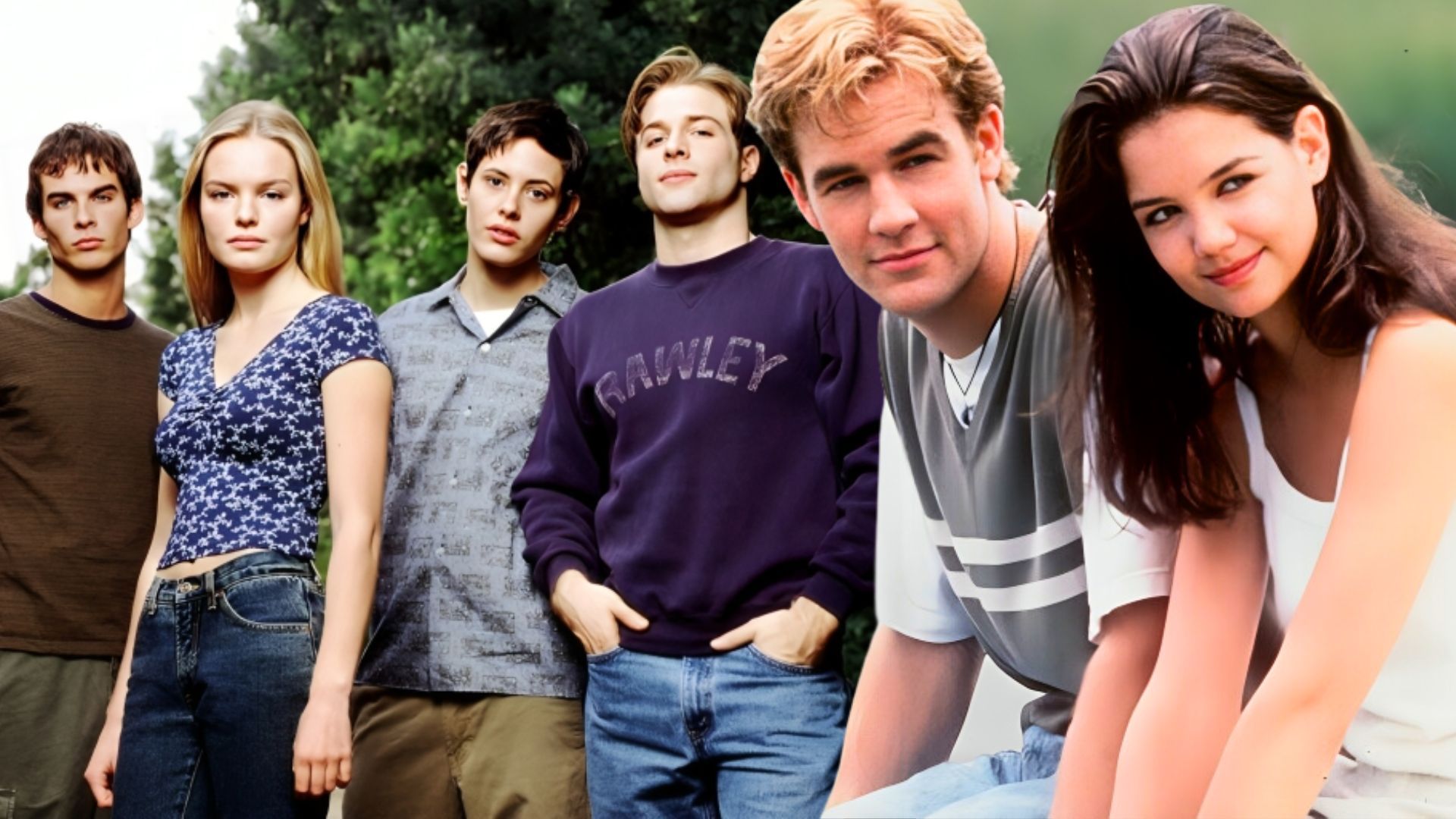


.jpg)

